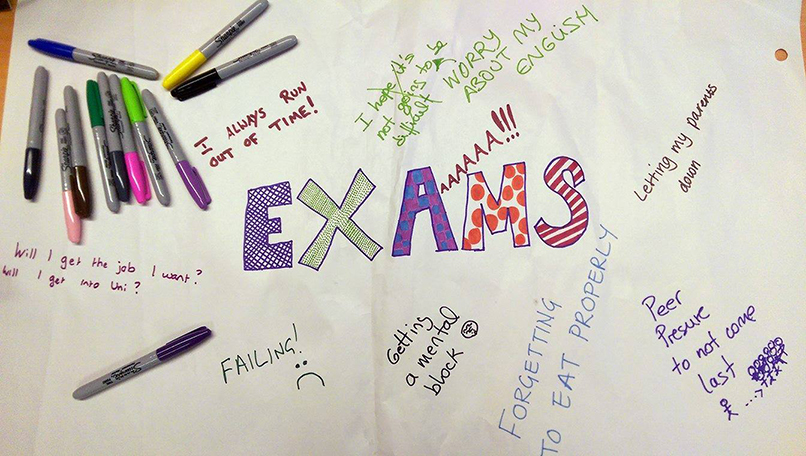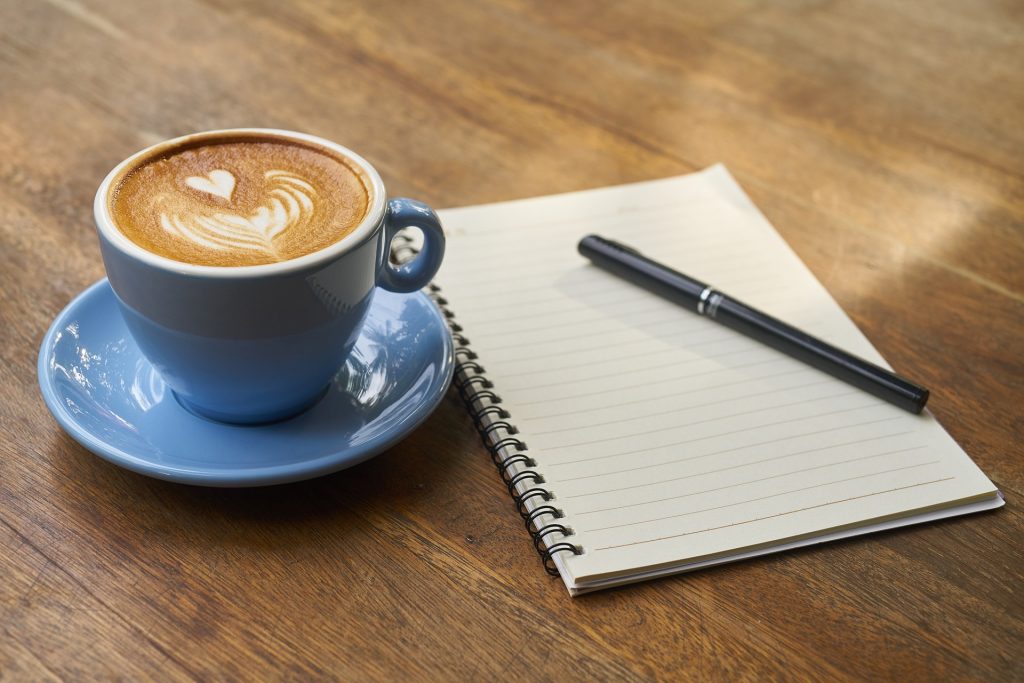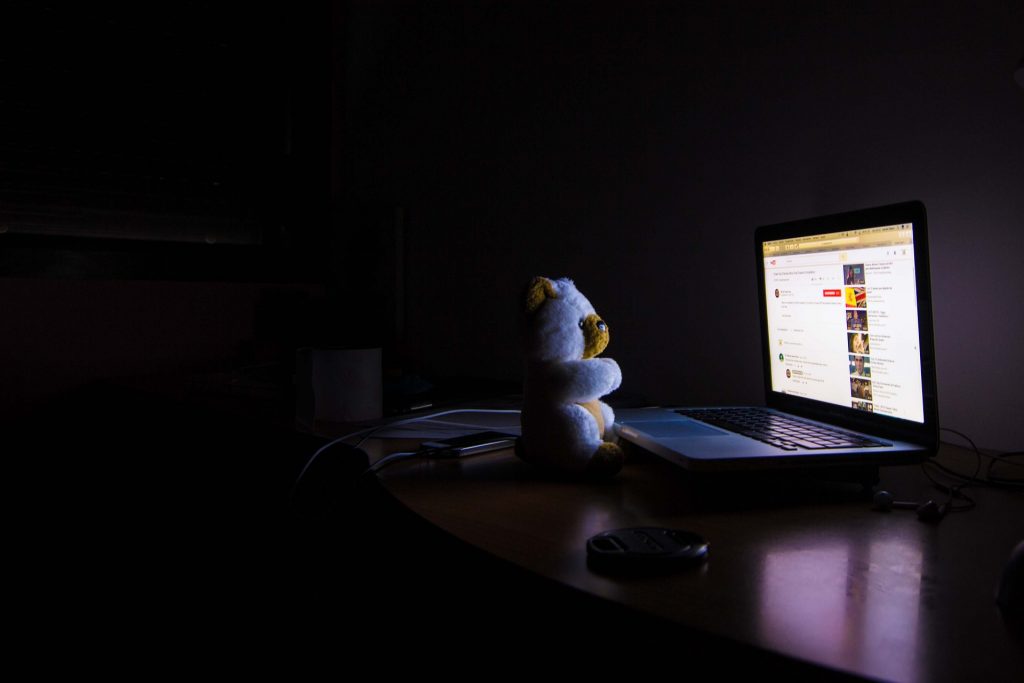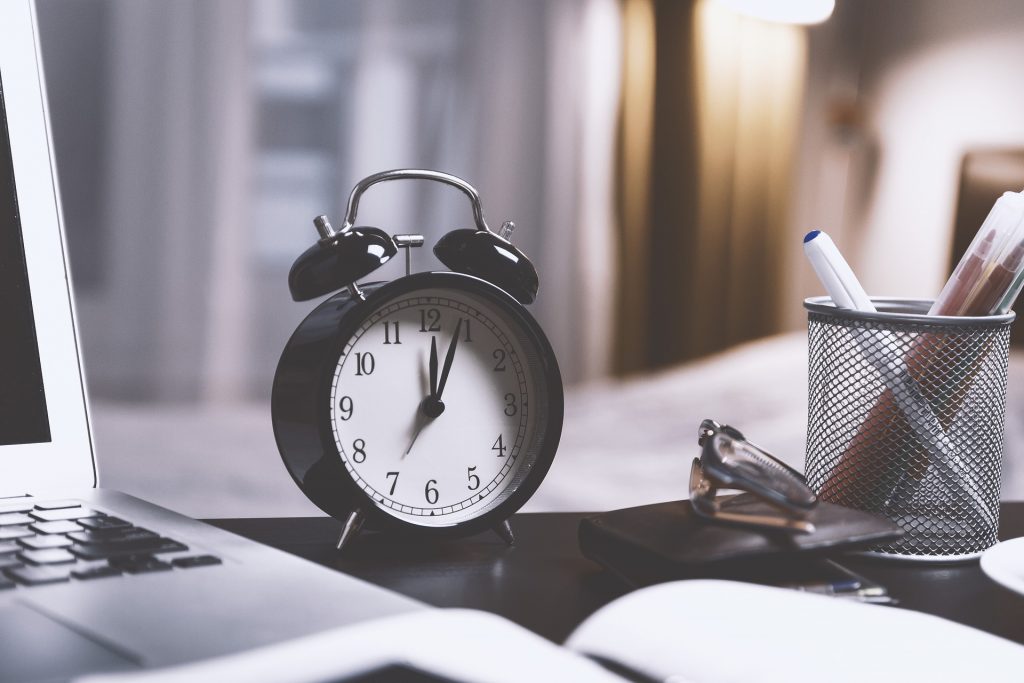I Wish Exams Did Not Exist

It’s that time of year again. Stress. Pressure. Anxiety. Alice from Cardiff knows the feelings that come with sitting exams, and wrote about it on theSprout. Here she shares some tips and tricks for survival. We hope you’ll find some of them useful.
Exams may be over, but it still feels impossible to close your eyes and drift off. Well, not without hearing your teacher’s voice drumming into your ear, telling you that any decision you make now will stay by your side for the rest of your life.
I have tried not panicking and I have tried keeping calm, though this usually results in further mayhem as I then start panicking about why I cannot keep calm. I even took on the advice of counting sheep, though these usually turn into historical dates or mini-Henry VIII’s galloping over the fence.
Worse still, after exams I now feel left with unanswered questions, like what could I have written in the last five minutes of that French exam? Which university? Which job? If I am not preoccupied by these obstacles then the equation for the area of a circle makes sure to appear in my dreams at least three times a night.
Often there seems to be more information about the symptoms of stress than ways to beat it. My pet peeve is the advice pages that list the symptoms of stress. I for one am stressed. Yes, I have a headache and yes, I can’t sleep. However, I want to combat the little pest, not be given a few bullet points of advice that state, ‘breathe deep’ (as an asthmatic this can prove a little difficult). Here I am, wide awake at two in the morning, trying to assure myself that if I keep calm and breathe in-and-out slowly I will sleep for nine hours straight before the maths exam. Not likely.
Timing
The first on the list of rookie errors is revising late at night. Trying to cram the timeline of World War II into your head at 11pm only serves to show you what you do not know and also will keep your brain running around in little circles when you rest your head on your pillow. Try and stop revising at least an hour before turning the light out; go for a walk, read a light book, or just sit down in a comfy, quiet place for a while.
Sleeping Pattern
Go to bed at a suitable time. People may tell you to have an early night when you have a stressful day ahead of you, but if your natural sleeping time is 10:30pm, and you are trying to hit the deck at 9pm, you are probably going to work yourself up wondering why you have not fallen asleep. Find a balance – do not lie in until 11am if you know you will not sleep at 11pm. Routine is key.
Managing Your Work
Set yourself a certain amount of study hours and stick to them. I personally work better by dividing my revision into topic chunks and giving myself a short break once I have finished a section. Remember to give yourself an hour for lunch in which you are not in contact with anything study related. Furthermost, do not feel guilty for continuing to do things that you enjoy once you have completed however much revision you set yourself that day. Exams should not dictate how you live your life.
Diet
The way you eat plays an important part in eliminating stress. My former safe haven when faced with stressful decision-making was to counteract it with chocolate – lots of it. To my discontent, sugary and fatty foods may provide you with a short-term high, but will then leave you feeling drained. Fruit, vegetables, nuts, protein foods and cereals may not always sound particularly appetising, but will keep blood sugar levels high and are very good for the brain.

Watch What You Drink
Coffee, tea and cola can seem like your best friend when faced with deadlines and stressful decisions. However, they will increase your agitation and make sleeping more difficult. Instead, drink plenty of water to keep hydrated. Herbal tea is also a fantastic alternative to your regular cuppa. My personal sleep inducing favourite is camomile and honey.
Avoid Laptops And Phones Late At Night
Facebook often appears to be a good idea in order to pass time when upright in bed. Do not be fooled. Staying as far away as possible from the world inside my laptop actually helped me fall to sleep faster. The main reason for this is that looking at a screen for at least two hours before sleep suppresses the normal night time release of melatonin, the hormone responsible for making you sleepy.
In addition, using your laptop late at night exposes you to Facebook, a centre point for panic-inducing dialogue. The wrath of irritating comments from your peers may mention what they put down for the last question in that exam, how easy they found the question you could not do or even parts of the syllabus you did not know existed, well, not until now, anyway.

Think Positively
Finally, I found the best way to really relax was to change my mind-set. It is important to understand that your future does not rely solely on one exam result. Although good exam results will aid you in achieving your goals, do not feel that you cannot be successful without having a C in GCSE geography. The likes of Richard Branson, Bill Gates and Will Smith are just some of the stars without a university degree. Success comes as a result of motivation and determination.
Don’t let exams define who you are and what you want to be.
So there you have it – the voice of experience. If you’re looking for support or advice during the exams, you can speak to Meic between 8am and midnight, 7 days a week, through instant messaging, text message (84001) or on the phone 080880 23456. Meic provides free information, advice and advocacy for children and young people aged 0-25 in Wales.
Related Articles: Overcoming Exam Stress





















